What’s going on?
It hasn’t escaped anyone’s attention that energy prices have skyrocketed in recent months. Along with eye-wateringly high heating and electricity bills, drivers have also been feeling the pinch at the petrol pump.
Even before the Ukraine war broke out, energy supply issues were driving up prices at petrol stations – a situation that led to the absurd spectacle of Germans driving across the border to Switzerland (one of the most expensive countries in the world) to fill up their tank for less.
In the early weeks of the war, it wasn’t uncommon to pay €2.20 per litre for Super E10 petrol in Germany, while diesel could average as much as €2.29 per litre. This represents a whopping 45 cent increase on petrol prices and 65 cents on diesel prices compared to the same time last year.
To help people struggling with the price hikes, Finance Minister Christian Lindner (FDP) initially pitched the idea of a “fuel discount” that petrol station owners could offer to customers and then claim back from the state. But there was such an intense backlash to this proposal that it essentially fell at the first hurdle and never made it into the government’s package of energy relief measures.
Instead, the government is hoping to give drivers a discount another way: by reducing the energy taxes levied on each litre of fuel for three months. It’s hoping that this will also go some way to reducing petrol prices over summer.
READ ALSO: KEY POINTS: Germany’s proposals for future energy price relief
But haven’t fuel prices gone down again recently?
That’s right. But experts don’t think this amounts to a stabilisation in the long term.
Both petrol and diesel prices sunk quite significantly after the initial price shock, but are climbing up steadily again – and according to motorists’ association ADAC, both remain a little over €2 per litre.
This means drivers are still paying significantly more to fill up their tanks than they were a year ago, so the upcoming tax cut will no doubt be welcome.
How much of a discount can drivers expect?
If all of it is passed on to consumers, the cut in energy tax is expected to reduce the price of a litre of diesel by around 14 cents, while a litre of petrol will be reduced by almost 30 cents.
That’s equivalent to a saving of €15 on a 50-litre tank of E10 and €7 on a 50-litre tank of diesel.
Of course, a lot also depends on the development of the energy market: if prices continue to go up, drivers may not feel they’re saving a great deal, but it should make a difference in the short-term.
According to ADAC, around 48 percent of the cost of a litre of fuel goes directly to the state through the CO2 tax, energy tax, value-added tax (VAT) and other fossil fuel taxes – so tax cuts can make a big difference.
But the price of purchasing fossil fuels (which has been affected through the war and supply chain issues) and the strength of the dollar are also important factors that determine how much horror drivers experience on their visits to the petrol station.
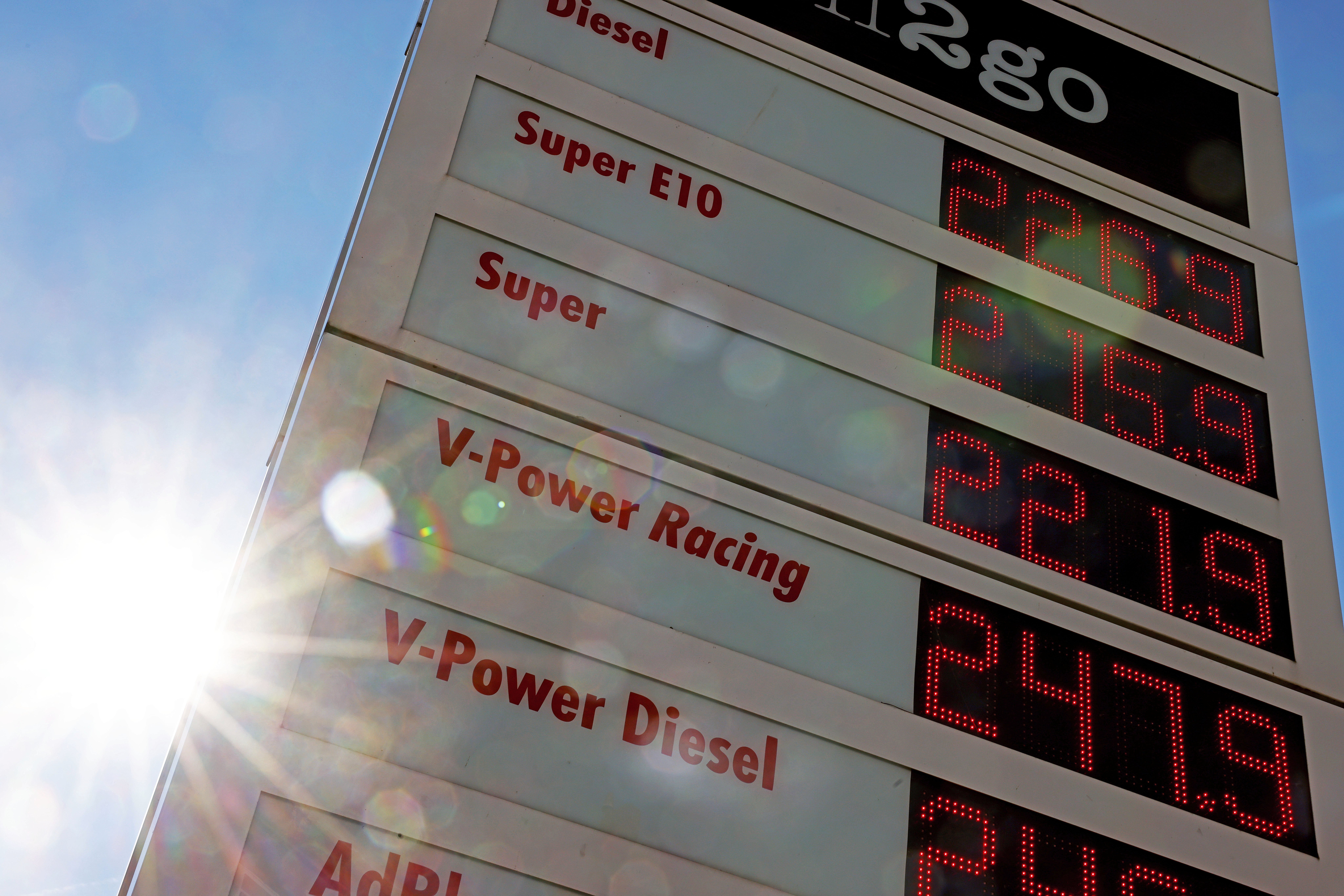
What’s the timeline for this?
The government is hoping to pass its entire package of energy relief measures in the Bundestag on Thursday and get approval from the Bundesrat on Friday. This will get the ball rolling for many of the measures to launch next month.
Much like the €9 monthly travel ticket for trains and buses, the fuel tax cut is a time-limited measure, and just like the discounted ticket, it will run from the start of June to the end of August.
Since it’s up to petrol station owners to pass their savings onto consumers, however, experts predict a lag of a few days before drivers start seeing the tax cut reflected in the fuel prices.
At that point, ADAC is predicting that drivers will go on a manic spending spree, so they’re advising people not to drive in the early days of June with a near-empty tank. If they do, they could face some long queues at the petrol station.
Aren’t we trying to save on energy at the moment?
Well, quite. With fears growing that Russia could turn off the taps in retaliation for Germany’s support for Ukraine, the message from the government has been all about conserving energy as much as possible in the lead-up to winter.
But by reducing the price of fuel, the same government is essentially encouraging people to use their cars more often, economists say.
“It is counterproductive to lower petrol station prices in this situation, because then people will drive more,” economist Veronika Grimm told Tagesschau. “And that is exactly the opposite of what they want to achieve.”
READ ALSO: Russia using energy ‘as weapon’, says Berlin
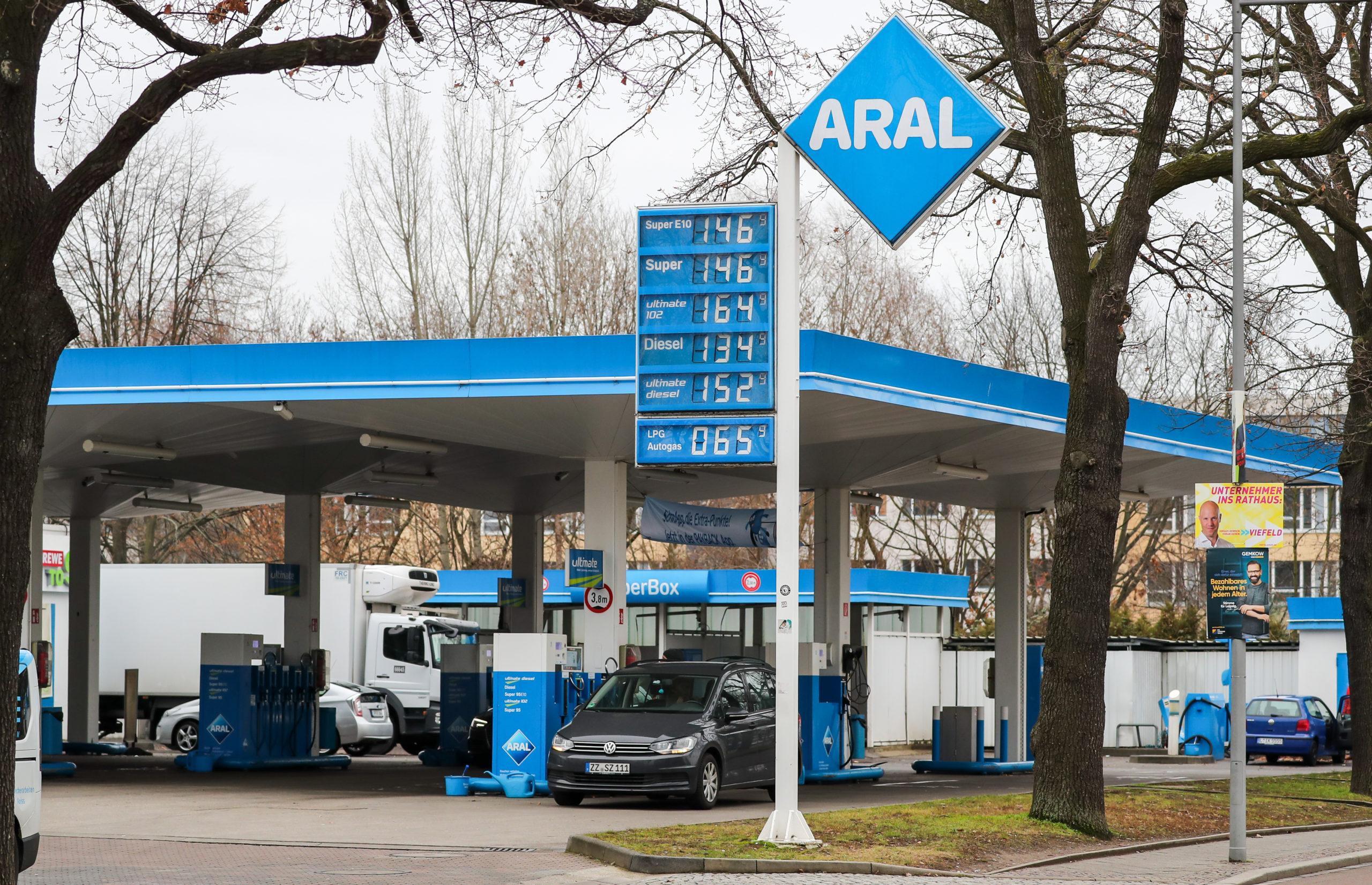
At this point, you might expect an uproar from the Greens – who are part of the governing traffic-light coalition along with the Social Democrats (SPD) and Free Democrats (FDP). But that uprising seems to have been headed off at the pass by the €9 public transport ticket that will run alongside the fuel discount.
In fact, Economics Minister Robert Habeck (Greens) has admitted that the tax cut “isn’t the most targeted measure” but says the continued high price of fuel will still put many people off driving.
“Many people are suffering from the high fuel prices,” says Habeck. “They’ll still suffer enough even if the fuel tax is lowered for three months. So in truth it’s not really cheap driving.”
READ ALSO: EXPLAINED: What Germany’s relief package against rising prices means for you
What else are people saying?
The other major criticism of the fuel tax cut is that it’s likely to benefit the wrong people.
“Typically, those who drive a lot benefit from fuel rebates,” Grimm told Tagesschau. “And those are the ones who have who have multiple cars. These are typically the higher earners.”
This has led to criticism that the €3.15 billion that the rebate will cost is essentially a redistribution of wealth to the top of society, rather than the bottom.
READ ALSO: Who benefits the most – and least – from Germany’s energy relief measures?
Obviously, the government disagrees with this assessment. They argue that cheaper fuel will help drivers foot their bills and stimulate the economy at the same time.
The motorists’ association ADAC is also concerned that the measure may lead to queues at petrol stations, but says that drivers can still opt to save fuel of their own accord over summer.
The best way to do this is to pump up the tyres, ditch the roof rack and other unnecessary weight, and drive at a slow, steady speed to avoid accelerating and braking too much, ADAC explains.
READ ALSO: Germany’s largest car club calls on drivers to ditch their cars

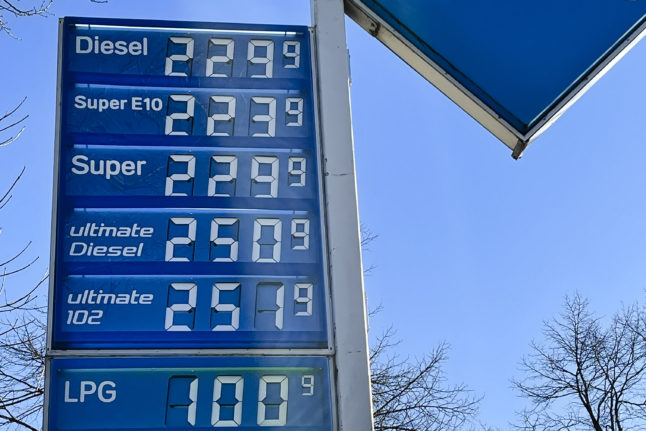
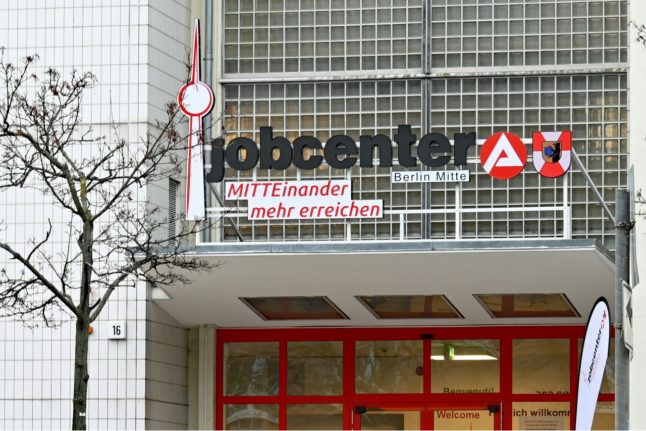
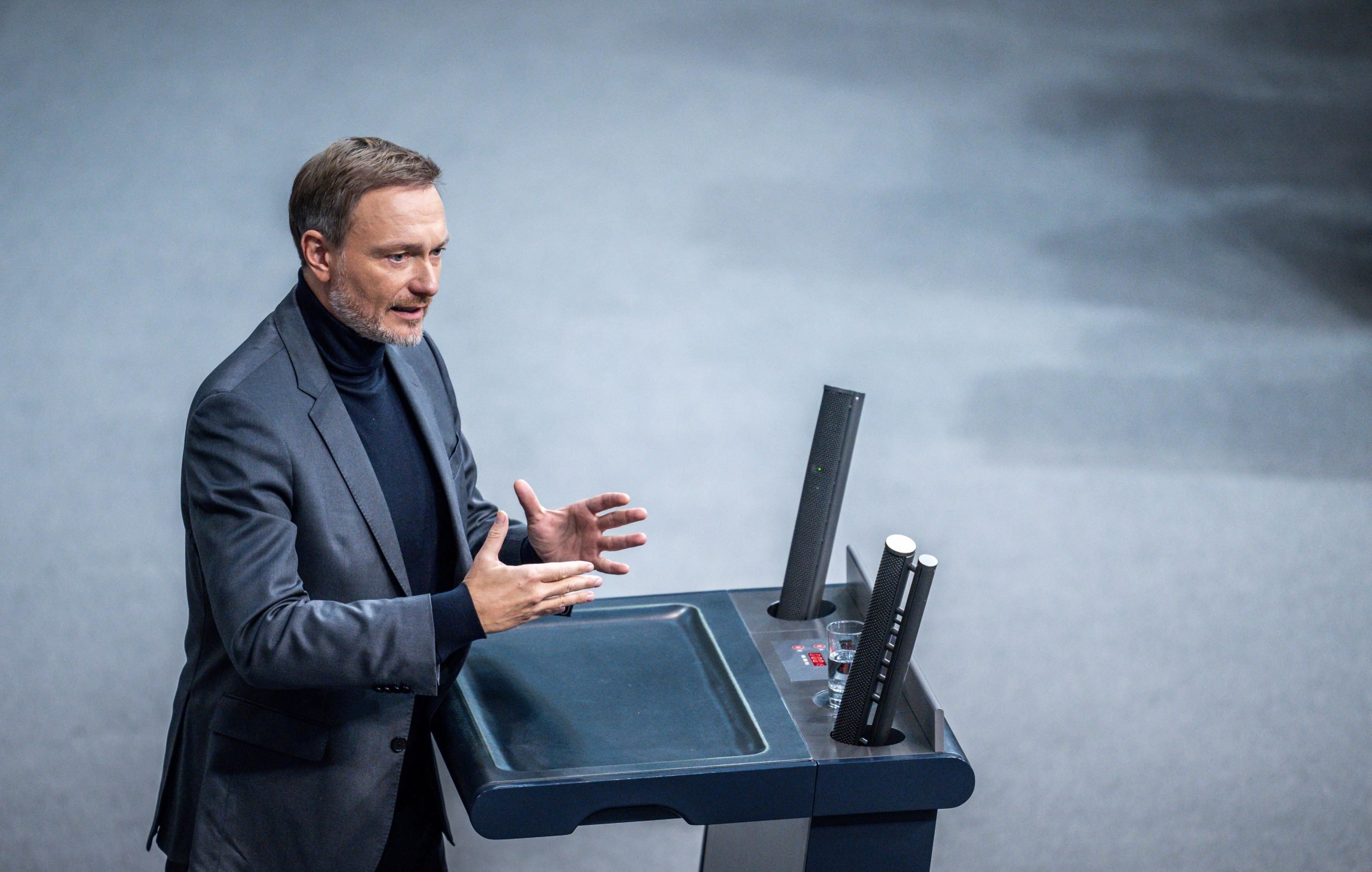
 Please whitelist us to continue reading.
Please whitelist us to continue reading.
Member comments